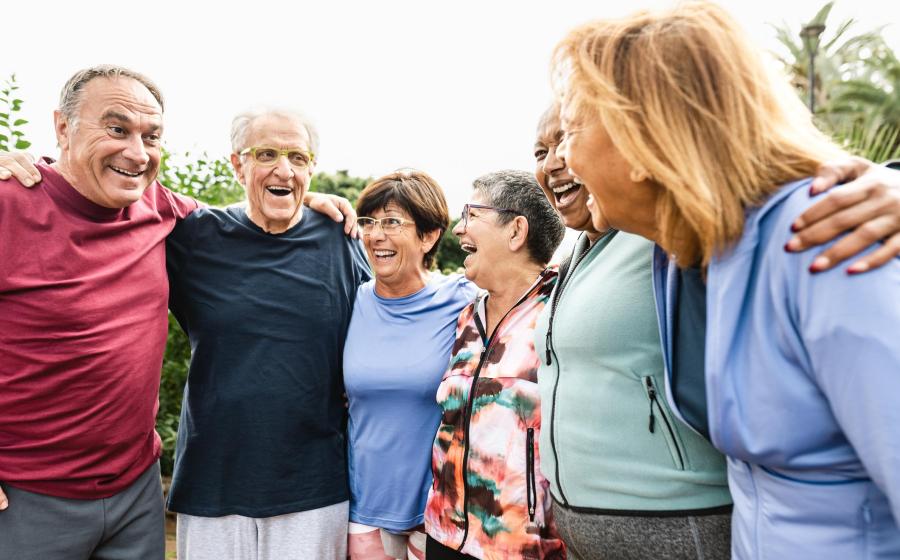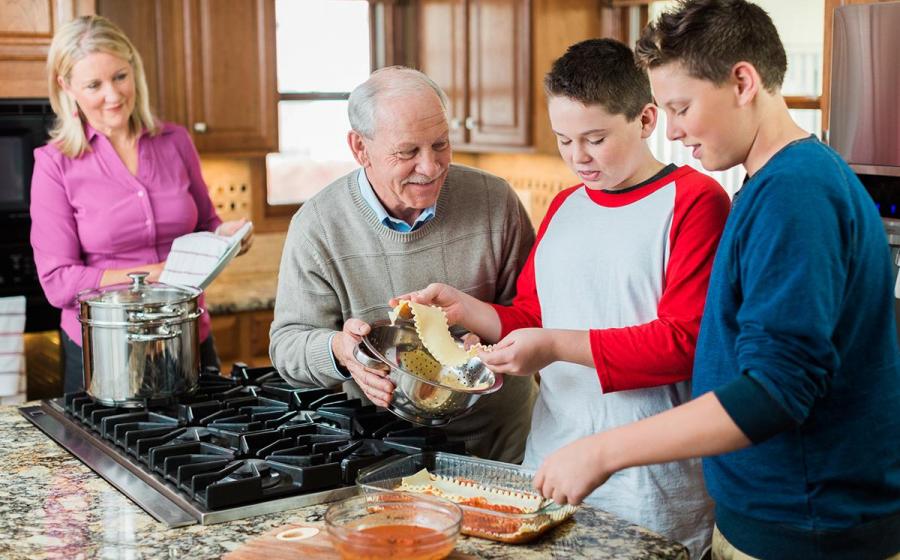81-year-old Fitness Fan Proves You Can Transform Your Health at Any Age
(NewsUSA) - Changes that come with age aren’t always easy. Feeling tired, unsteady, or not as strong as you used to be can make daily tasks harder. But research shows that your health can stay steady—or even improve—with the right habits.
- Changes that come with age aren’t always easy. Feeling tired, unsteady, or not as strong as you used to be can make daily tasks harder. But research shows that your health can stay steady—or even improve—with the right habits.
In fact, about 80% of chronic disease could be prevented by staying physically active, following a nutritious diet, and not smoking. For 81-year-old fitness instructor, certified nutrition coach and bodybuilder Bill Keller, this fact changed everything.
“At 70, I realized I didn’t just want to grow older,” said Keller, a proud grandfather living boldly in Tullahoma, Tenn. “I wanted to grow better.”
At the time of his retirement, Keller was dealing with issues that many think are a normal part of getting older: his blood pressure was high, cholesterol was elevated, and he was at a heavier weight than was healthy.
Instead of surrendering to the idea that his best years were behind him, he made a bold choice—to rebuild his health and reverse the signs of aging through movement, strength training, and nourishing food. Keller was able to join the Silver&Fit® Healthy Aging and Exercise program through his health plan, and he went right to work using the program’s resources to improve his health.
“I changed the way I look, feel, and live,” he said. “I’ve restored energy, balance, and confidence that I once thought were gone forever.”
He was so inspired by changes he saw that he also became a certified fitness instructor and nutrition coach to offer his passion for healthy aging to others.
Then, wanting to mark his 80th birthday in a special way, Keller entered a national bodybuilding competition—and won.
“I know I’m not the oldest competitor ever,” said Keller. “Though, I believe I may have set the record for oldest novice to enter a bodybuilder contest.”
Today, Keller embodies the Silver&Fit ethos to encourage older adults to live boldly, embrace fitness, find community, and take ownership of their well-being no matter their age. More than a decade after his retirement, Keller wakes up each morning with purpose and gratitude. He teaches local group fitness classes, coaches seniors, and shares his story on social media to help others see what’s possible.
“Whether you’re 60, 70, or 80, it’s never too late to start,” Keller said. “You can get stronger. You can eat healthier. You can feel better every day.”



 - Social interaction is more than just a nice-to-have, it’s key to aging well.
- Social interaction is more than just a nice-to-have, it’s key to aging well.
 - Many adults today are juggling the demands of work, household upkeep, finances and school-aged children, while also caring for an aging parent. This group, known as the sandwich generation, may feel more like a panini -- pressed and grilled between the weight of their caregiving duties. According to a
- Many adults today are juggling the demands of work, household upkeep, finances and school-aged children, while also caring for an aging parent. This group, known as the sandwich generation, may feel more like a panini -- pressed and grilled between the weight of their caregiving duties. According to a 

